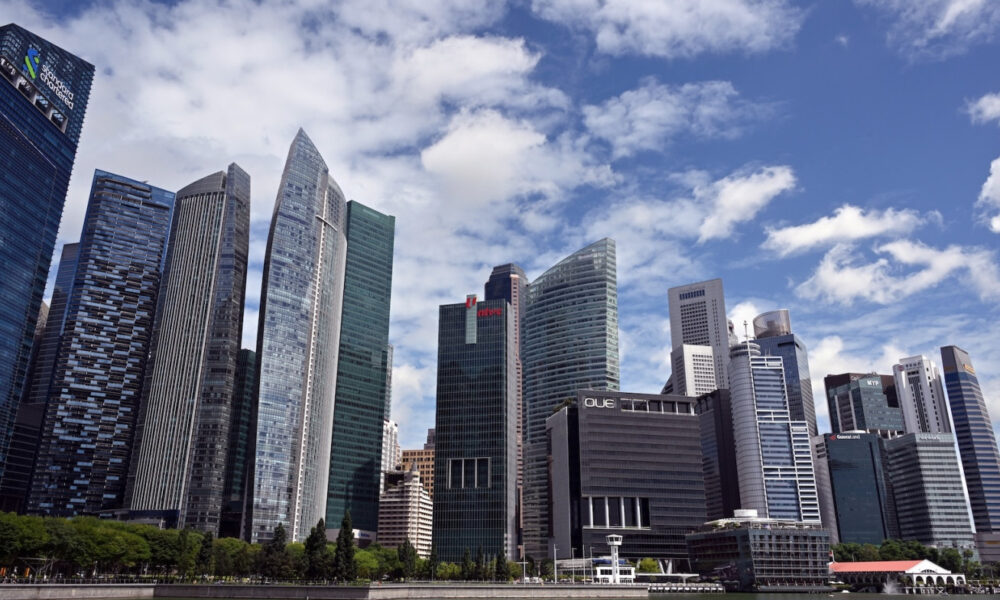Analyzing Foreign Investor Trends in Singapore's Condo Market

Singapore’s condominium market has long been a magnet for foreign investors, thanks to the city-state’s political stability, robust legal framework, and strategic location in Asia. Despite property cooling measures and foreign ownership restrictions, international buyers continue to view Singapore as a prime destination for real estate investment. This article delves into key trends shaping foreign investor behavior and highlights properties like Aurelle of Tampines and Elta, which appeal to this demographic.
- Steady Influx of High-Net-Worth Individuals (HNWIs)
High-net-worth individuals (HNWIs) from countries such as China, Indonesia, Malaysia, and India are significant players in Singapore’s condo market. These investors are often drawn to luxury developments and city-fringe properties, where they can leverage Singapore’s status as a financial hub.
Projects like Elta, situated near commercial and business districts, offer these buyers both prestige and the potential for rental income. HNWIs are also attracted to Singapore’s stable currency and legal framework, making real estate an attractive vehicle for wealth preservation.
- Shift Toward City-Fringe and Suburban Areas
While the Central Business District (CBD) traditionally attracted foreign investors, recent trends show a growing interest in city-fringe and suburban properties. The rise of remote work and improvements in public transportation have made areas outside the city center more appealing.
Developments like Aurelle of Tampines in the eastern region offer a balance of modern amenities, proximity to green spaces, and connectivity to key business hubs. Foreign investors are recognizing the potential for capital appreciation in these emerging neighborhoods, where demand from expatriates and locals remains robust.
- Impact of Government Regulations on Foreign Investment
Singapore’s government has implemented a series of property cooling measures to curb speculative investments and maintain housing affordability. These include Additional Buyer’s Stamp Duty (ABSD) for foreign buyers and tighter loan-to-value (LTV) limits.
Despite these regulations, demand from foreign investors remains steady, particularly for mid-tier and high-end properties like Elta. Investors who seek long-term capital appreciation and rental yields continue to view Singapore’s real estate market as a safe haven, albeit with a more cautious approach.
- Rising Interest in Sustainable and Eco-Friendly Developments
Foreign investors are increasingly prioritizing sustainability in their investment decisions. Green building certifications, energy-efficient designs, and proximity to green spaces are becoming key factors in property selection.
Aurelle of Tampines, with its focus on sustainable living and family-friendly amenities, aligns with this growing trend. Such developments not only appeal to eco-conscious investors but also cater to tenants who prioritize environmental responsibility, thereby enhancing rental demand and long-term value.
- Diversification and Portfolio Allocation
Foreign investors often view Singapore’s condo market as part of a broader diversification strategy. With geopolitical uncertainties and fluctuating financial markets, real estate offers a tangible asset that provides both stability and returns.
Properties like Elta, located near key commercial hubs, and Aurelle of Tampines, with its suburban charm, offer diversification opportunities within the same market. By investing in both city-fringe and suburban condos, foreign investors can mitigate risk and optimize their portfolio for different tenant demographics and economic cycles.
Conclusion
Foreign investors continue to play a crucial role in shaping Singapore’s condo market, driven by factors such as economic stability, diversification needs, and emerging trends like sustainability. Developments like Aurelle of Tampines and Elta exemplify the type of properties that appeal to international buyers seeking both financial returns and lifestyle benefits. As foreign investment trends evolve, Singapore’s real estate market is well-positioned to remain a top destination for global investors.




